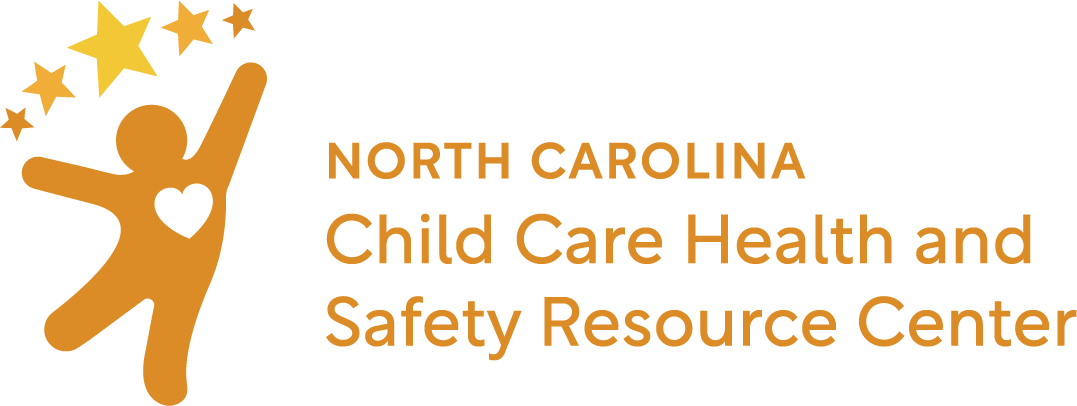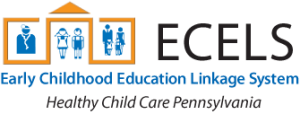National Poison Prevention Week – March 17-23, 2019
Information from the Healthy Child Care Pennsylvania ECELS Program
National Poison Prevention Week is a chance to highlight the dangers of poisonings. Substances most commonly involved in poisonings of children are cosmetics, personal care products, cleaning products, and medications. Fifty percent (50%) of all exposures involve children younger than age 6!
To avoid poisonings when caring for children:
- Store medicines and all cleaning products in areas that are completely inaccessible to children.
- Supervise children at all times!
- Never carry something that can be poisonous, e.g., medicine, in a purse where a child may find it.
- Safety latches on drawers/cabinets and child resistant caps on bottles help keep poisons out of the hands of children.
When accidents happen with chemicals, medicine, or household items, call Poison Help 1-800-222-1222.
Post the number by the telephone where it is visible for early care and education staff. Program the poison control center number into cell phones so you have the number when you need it. Get help right away from a local poison expert. If someone is unconscious or has trouble breathing, call 911.
When you call 1-800-222-1222, you will reach specially trained poison experts at a poison center that serves your area. They provide free, confidential help 24 hours a day, 7 days a week, 365 days a year. Interpretation services are available in 161 languages.
For safety tips to keep children safe from poisons see Child Tips.
Share this information with families too!



